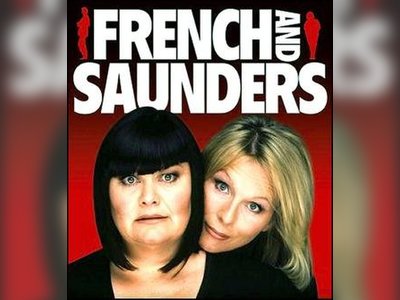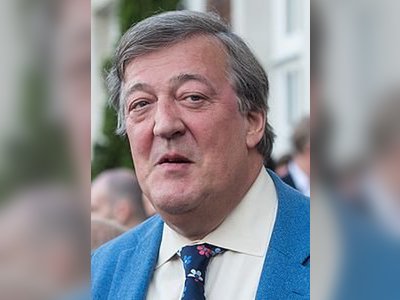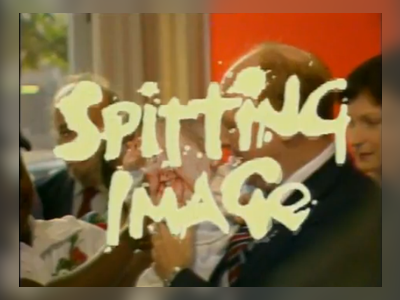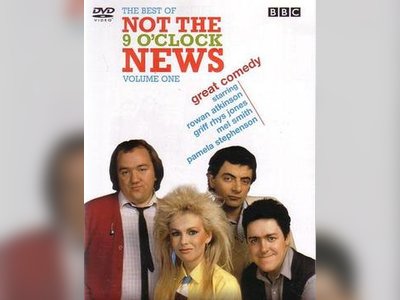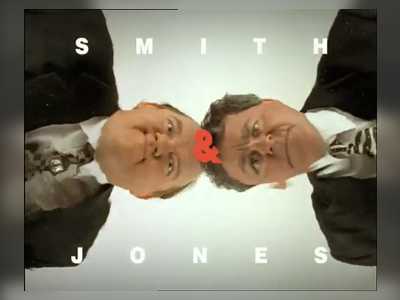British Heritage
Remember, Cherish, Learn.
beta
Morecambe and Wise - "Bring Me Sunshine"
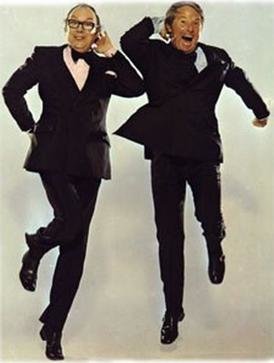
Contribution of Morecambe and Wise to British Heritage.
Morecambe and Wise, the iconic English comic double act comprising Eric Morecambe and Ernie Wise, have left an indelible mark on British culture and entertainment. Their enduring legacy spans the realms of variety, radio, film, and most significantly, television, where they achieved unprecedented success. The duo's partnership lasted an impressive 43 years, from 1941 until Morecambe's unfortunate death in 1984. Throughout their illustrious career, they have been hailed as "the most illustrious, and the best-loved, double-act that Britain has ever produced," a testament to their profound influence on the nation's humor and collective memory.
The seeds of the Morecambe and Wise partnership were sown in 1940 when they were both booked separately for a show at the Nottingham Empire Theatre. Encouraged by Eric's mother, Sadie, they decided to collaborate and made their debut as a double act in August 1941 at the Liverpool Empire. Their early years saw them performing in various venues across Britain, including the Windmill Theatre and the Glasgow Empire, gaining popularity in variety shows and radio.
In 1954, they transitioned to television, and their first show, "Running Wild," was met with harsh criticism. However, they quickly recovered and found success when they teamed up with writer Johnny Speight on the Winifred Atwell show in 1956. The turning point in their television career came in 1959 when they headlined BBC TV's "The Good Old Days" on Boxing Day. From this point on, they became synonymous with Christmas TV specials, ultimately solidifying their status as a Christmas TV institution.
The most remarkable period of their career, known as the "glory days," began when they joined the BBC in 1968 and teamed up with their long-term writer, Eddie Braben. Braben's writing added depth and complexity to their comedic personas, evolving their dynamic. Eric became a wacky comedian with sharp humor, while Ernie's character, though comedic, exuded an endearing naivety. Together, they formed the "Golden Triangle" with Braben, which led to some of the UK's most beloved comedy acts of all time.
Morecambe and Wise were celebrated for their timeless sketches, memorable catchphrases, and visual gags that became ingrained in British popular culture. Among their most famous routines was the 1971 sketch featuring conductor André Previn. Eric's iconic line, "I'm playing all the right notes, but not necessarily in the right order," epitomizes their ability to create humor from seemingly ordinary situations.
Their Christmas specials became an annual tradition, eagerly anticipated by the British public. The 1977 Christmas Special achieved historic viewership figures, drawing over 20 million viewers and solidifying their position as the nation's favorite entertainers during the festive season. Their shows consistently topped the TV ratings during their peak years in the 1970s and early 1980s.
Morecambe and Wise received numerous accolades during their career and posthumously. They were awarded the OBE in 1976 and the BAFTA Fellowship in 1999. In 2013, a blue plaque was dedicated to them at Teddington Studios, where they recorded their final series. Their influence on British comedy endures, and they are still celebrated today. Repeats of their Christmas Specials continue to air every Christmas, attracting rave reviews from new generations of viewers.
Morecambe and Wise's contribution to British heritage is immeasurable. Their comedic genius, timeless sketches, and warm-hearted humor have endeared them to generations of audiences. They not only shaped British comedy but also left an everlasting mark on the nation's cultural fabric. Their legacy lives on, and they remain a symbol of laughter and joy for all those who have been fortunate enough to experience their unique brand of entertainment.
Early Years and Rise to Stardom
The seeds of the Morecambe and Wise partnership were sown in 1940 when they were both booked separately for a show at the Nottingham Empire Theatre. Encouraged by Eric's mother, Sadie, they decided to collaborate and made their debut as a double act in August 1941 at the Liverpool Empire. Their early years saw them performing in various venues across Britain, including the Windmill Theatre and the Glasgow Empire, gaining popularity in variety shows and radio.
Breakthrough on Television
In 1954, they transitioned to television, and their first show, "Running Wild," was met with harsh criticism. However, they quickly recovered and found success when they teamed up with writer Johnny Speight on the Winifred Atwell show in 1956. The turning point in their television career came in 1959 when they headlined BBC TV's "The Good Old Days" on Boxing Day. From this point on, they became synonymous with Christmas TV specials, ultimately solidifying their status as a Christmas TV institution.
The "Golden Triangle" Years
The most remarkable period of their career, known as the "glory days," began when they joined the BBC in 1968 and teamed up with their long-term writer, Eddie Braben. Braben's writing added depth and complexity to their comedic personas, evolving their dynamic. Eric became a wacky comedian with sharp humor, while Ernie's character, though comedic, exuded an endearing naivety. Together, they formed the "Golden Triangle" with Braben, which led to some of the UK's most beloved comedy acts of all time.
Signature Sketches and Catchphrases
Morecambe and Wise were celebrated for their timeless sketches, memorable catchphrases, and visual gags that became ingrained in British popular culture. Among their most famous routines was the 1971 sketch featuring conductor André Previn. Eric's iconic line, "I'm playing all the right notes, but not necessarily in the right order," epitomizes their ability to create humor from seemingly ordinary situations.
Christmas Specials and Record Audiences
Their Christmas specials became an annual tradition, eagerly anticipated by the British public. The 1977 Christmas Special achieved historic viewership figures, drawing over 20 million viewers and solidifying their position as the nation's favorite entertainers during the festive season. Their shows consistently topped the TV ratings during their peak years in the 1970s and early 1980s.
Recognition and Legacy
Morecambe and Wise received numerous accolades during their career and posthumously. They were awarded the OBE in 1976 and the BAFTA Fellowship in 1999. In 2013, a blue plaque was dedicated to them at Teddington Studios, where they recorded their final series. Their influence on British comedy endures, and they are still celebrated today. Repeats of their Christmas Specials continue to air every Christmas, attracting rave reviews from new generations of viewers.
Conclusion
Morecambe and Wise's contribution to British heritage is immeasurable. Their comedic genius, timeless sketches, and warm-hearted humor have endeared them to generations of audiences. They not only shaped British comedy but also left an everlasting mark on the nation's cultural fabric. Their legacy lives on, and they remain a symbol of laughter and joy for all those who have been fortunate enough to experience their unique brand of entertainment.
- Morecambe and Wiseen.wikipedia.org
